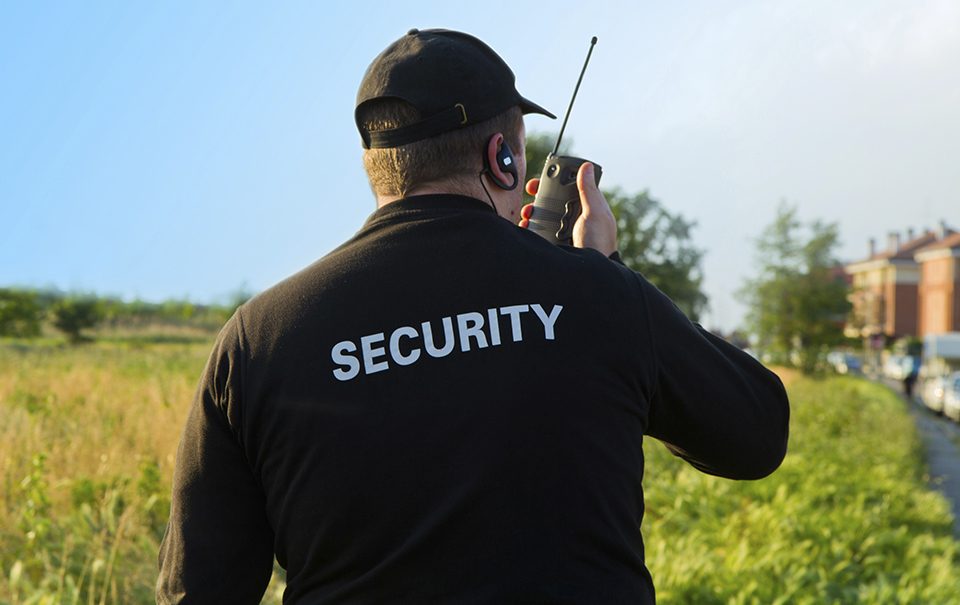Alert and Attentive
By Cecilio Andrade
“The Samurai, from the time he leaves the door of his house until he returns to it, will always act as if he were under the eyes of the enemy”
In a perfect world, the words of the monk and Zen Master Yamamoto Tsunetomo in his work “Hagakure”, written as a guide for the samurai, could be considered aggressive, violent or at least paranoid. But if in their time, the XVIII century, according to the western calculation, they were not out of place, less so in the violent and even barely adolescent of the XXI century, no matter how bad the well-thinking and the political correct want it to be.
We all like to think that human kindness is universal, that for the simple fact of being vegetarians and pampering a kitten, that tiger will not devour us. Unfortunately, as much as it upsets many people, the world is much more cruel and dangerous place. Or perhaps the right term is not cruel, but dangerous, but not cruel, the right term may be neutral.
Mentalizing that we do not live in a peaceful and idyllic happy world is the first step to being in a healthy and natural alert situation. The enormous number of risk situations that we can face is such that to think of another way, these days, is of unconscious when not suicidal. The truth is that this alert is not only applicable to armed professionals, police and military. Any citizen in the most remote corner of the farthest village can be involved in a situation of risk, being in the reality of fighting for their integrity or that of the people in their family or social environment.
In the part of the world in question, we do not live in a “duel in OK Corral” environment, but violence rates do not allow us to relax either. Let us not forget a detail, even if we live in an oasis within a violent world, violence in some respects surpasses that of many wars. Few citizens realize that having prevention and use of violence awareness to defend against aggression is not an aberration, as some groups and “studies” want to sell us.
Helplessness learned, also learned impotence, is a technicality that refers to the condition of a human or animal that has “learned” to behave passively, with the subjective feeling that it can not, and should not, do anything to respond to an aggression, even though there are real opportunities to change the violent situation. Although this concept refers originally to a psychological pathology of individuals, the fact is that today the well-thinking and politically correct mentality has generated a certain tendency toward that often-suicidal attitude of denying violence.
To live forewarned is more correct, it does not make us paranoid; it only makes us cautious and observant. After all, popular knowledge expresses it perfectly, “prevention is better than regret”, and this saying has centuries in our culture, there must be a reason for it.


